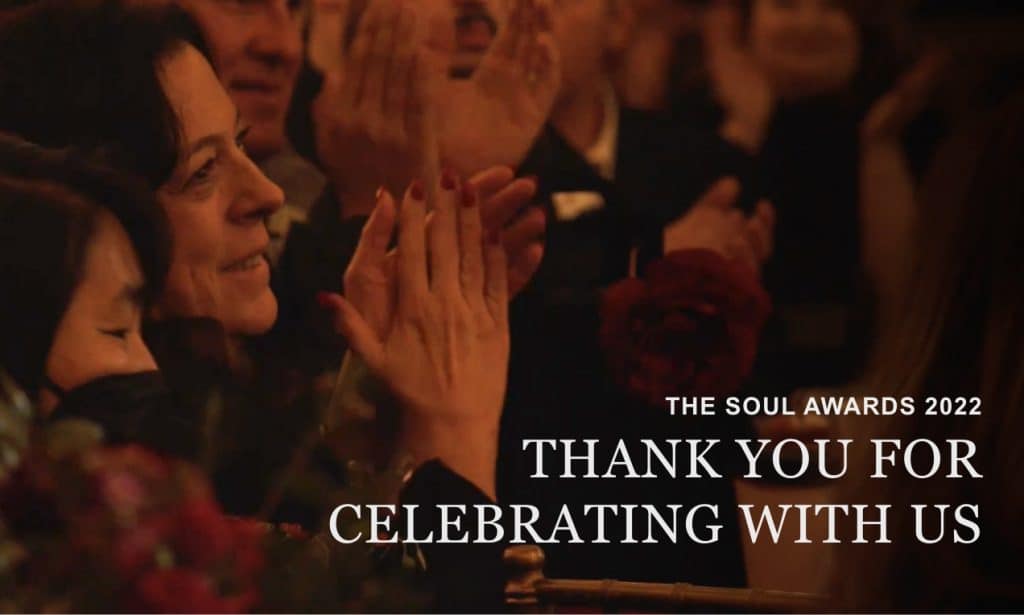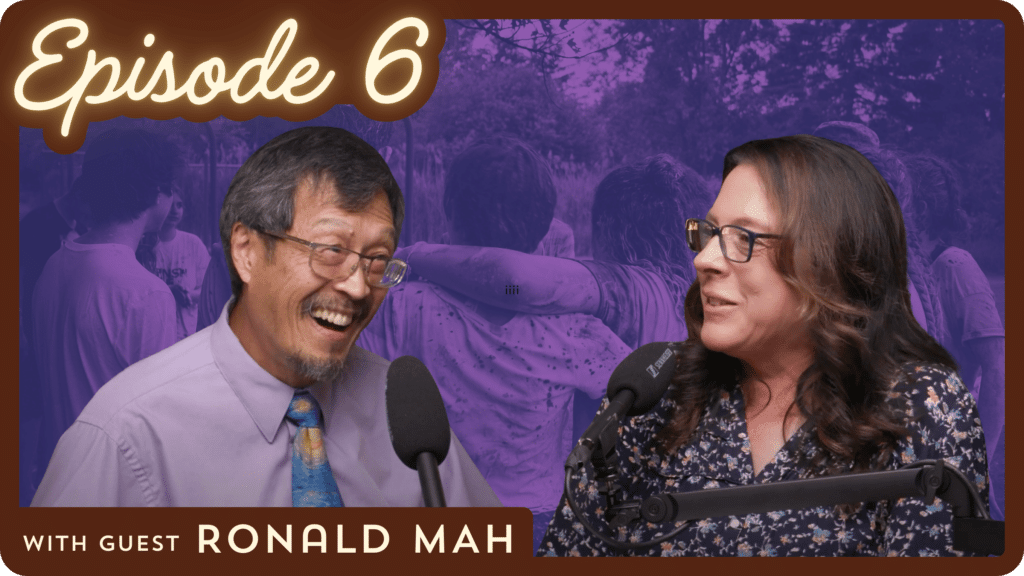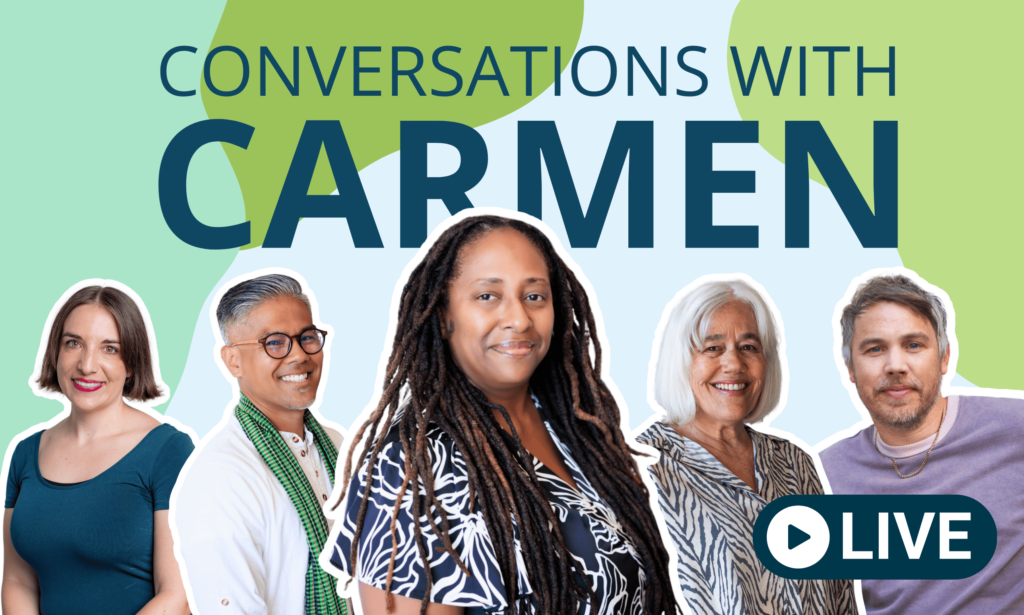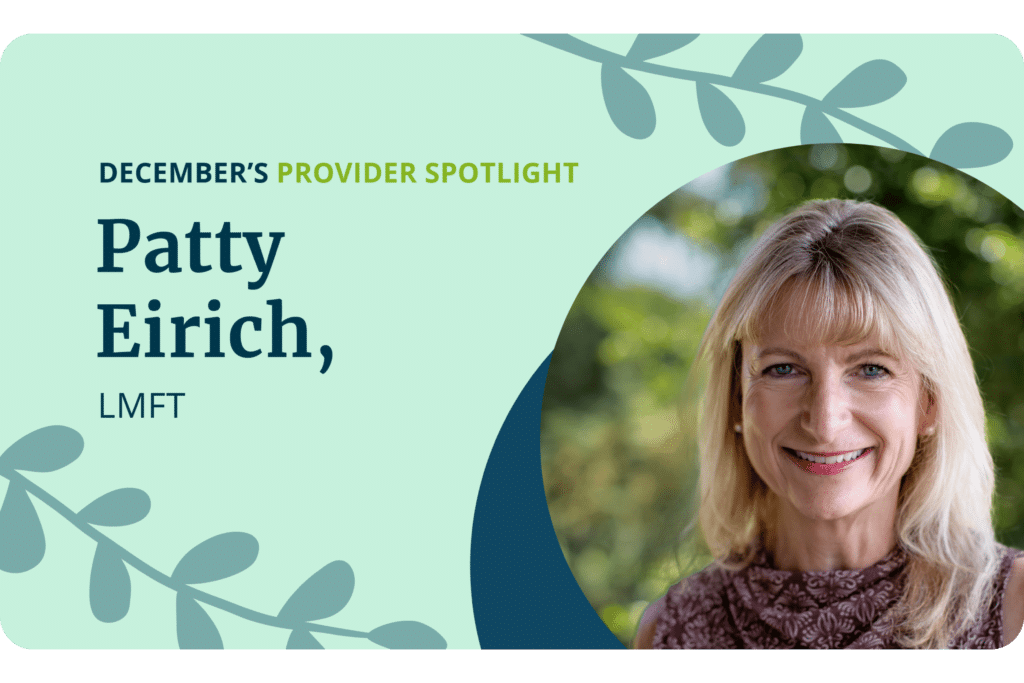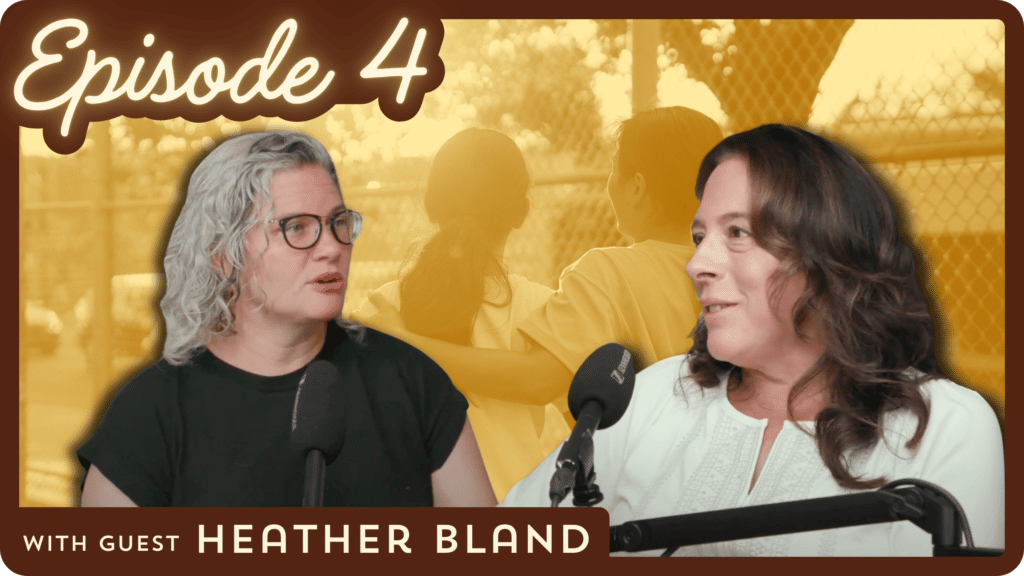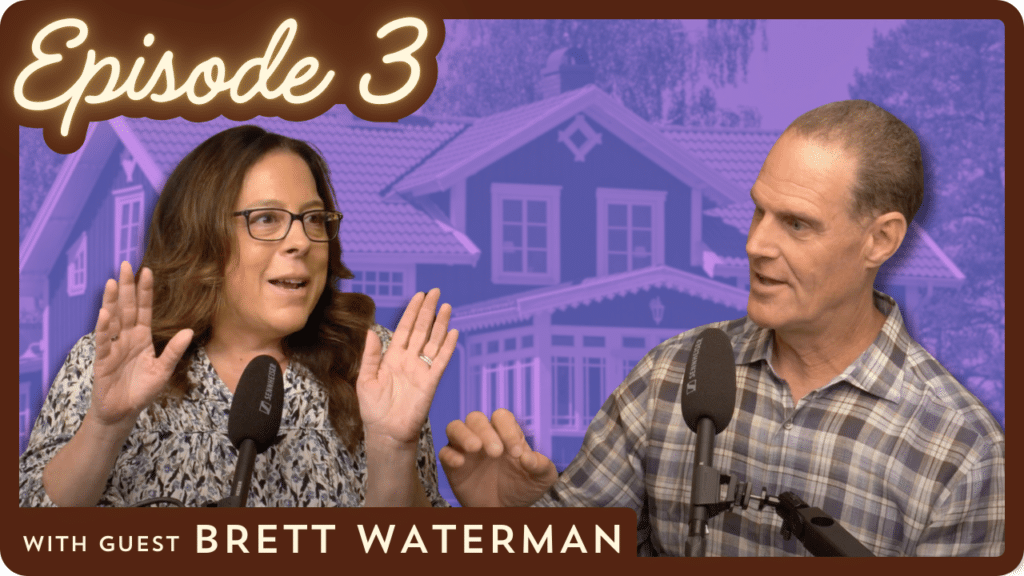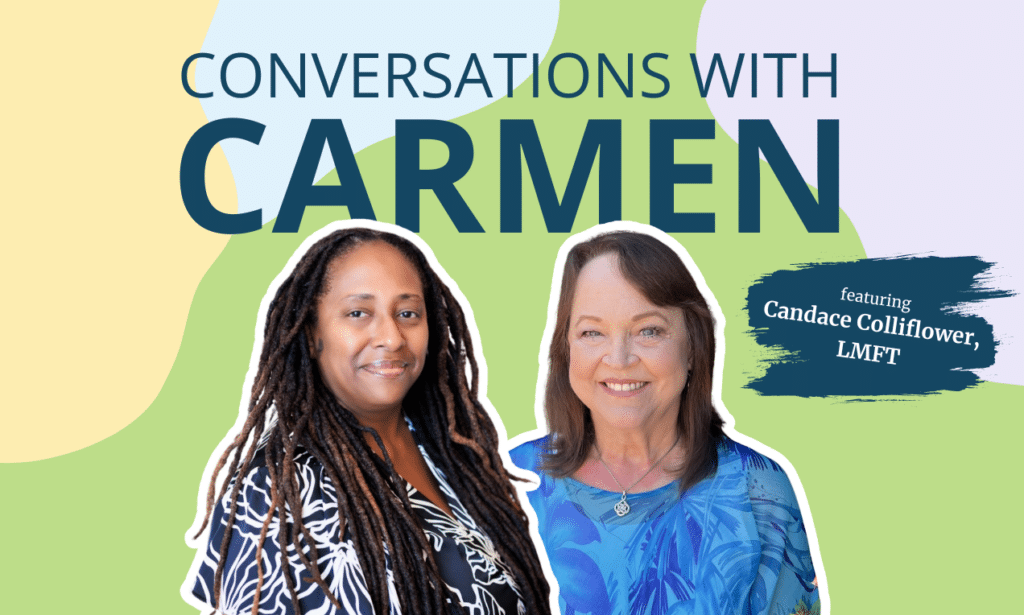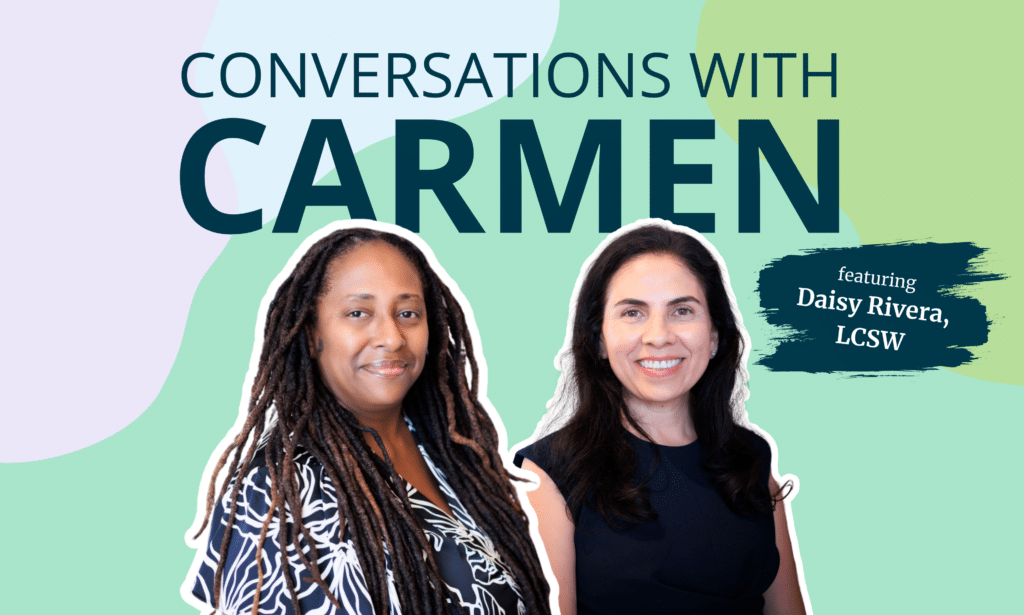
In the April installment, Dr. Carmen Majid explores how Lilit’s life journey and her experience working with children allowed her to excel in working with adults who are in the midst of significant life transitions.
Read the full interview below to learn more about Lilit and how she uses consistency, resiliency, and understanding to make sense of the world when things seem to be falling apart.
You shared that you joined the Soultenders provider network in 2020 (during the early days of the pandemic). Can you share a little about your journey (including any unique challenges you may have encountered during that time while establishing your private practice)?
I started my own practice during the pandemic, which also involved building a private practice that was fully remote. While there were challenges in figuring out how to establish a practice remotely without any in-person interactions, the unique circumstances made the process smoother in some ways. Going through these two major changes proved to be helpful in certain ways.
A significant portion of your professional experience includes having worked in the psychiatric in-patient as well as the school psychology venues for several years as a clinician. How did working in those arenas prepare you for your private practice journey?
My previous work experience gave me a broad spectrum of knowledge and expertise ranging from severe mental illness to child development. This has enabled me to see and understand things from two different perspectives, which I am able to apply in my private practice. While I now primarily work with adults, my past experiences allow me to have the knowledge and understanding of other areas that I am not currently focusing on.
You shared that you are originally from Armenia and that you moved to the U.S. at the age of 10. What are some of your significant personal takeaways from that experience?
My move to the U.S is a testament to my ability of embracing change and allowing transitions. Moving to a new country required me to adapt to a different way of life and that has helped me understand my clients’ transitions better. I had to maintain my Armenian roots while blending in with the new environment, which has given me a unique perspective that I can apply in my work.
You mentioned that your preferred clinical population is adults (ages 18-40). What do you enjoy most about working with this clientele? Are there any identifiable challenges?
As a therapist who specializes in working with adults 18-40, there are several aspects of this population that I find particularly fulfilling to work with. One of the most enjoyable aspects is witnessing the resilience and potential for growth this age group possesses. Many individuals in this age range are in the midst of significant life transitions and are working to establish their identities and pursue their goals, which can be both exciting and challenging.
You spoke to several areas of personal strength that enable you to flourish in your practice: possessing a strong work ethic/being integrous with your words, possessing keen listening skills that bolster your ability to genuinely understand where your clients are in the moment, positioning yourself as “flexible and resilient” as well as consistently “evolving” yourself and “never [being] stagnated”. Can you briefly elaborate on each of these personal strengths?
Consistency is vital for me, especially when things fall apart and nothing makes sense. It is crucial to focus on what needs to be done without getting distracted by when or how. What we do every day matters, and it’s essential to show up, day after day, regardless of the lack of progress or outcome. When practicing consistency, it’s crucial to remember why you started and remind yourself where you want to go. Success is tied to daily habits, so it’s vital to be mindful of your daily habits.
Resilience is another skill that I value highly. I have learned to make friends with change, embrace it, and welcome feedback and redirection from others. A supervisor once told me “You are like a sponge, you take redirection and feedback and make the proper changes.” The ability to learn something new and adapt to change with flexibility is a valuable trait that has served me well. If faced with changes, it’s essential to ask yourself what discomfort you are experiencing and why you are hesitant to be flexible. Understanding your attachment to rigidity and discomfort with change is key. Self-awareness and journaling can help you develop this skill. Practice being the “alien” by forgetting everything you know and learned, being curious, and seeing things from different perspectives. It’s essential to see the world or people from a beginner’s mindset instead of an “expert” mindset, as this approach allows for a more open and understanding perspective.
Understanding is a skill that I have developed since a young age. When presented with information about someone, I feel compelled to see things from their perspective, as they may not be present to defend themselves. As a psychotherapist, this skill is especially helpful in understanding my clients’ perspectives and stories without judgment or attachment.
Who do you consider to be your professional role models? How does their influence impact your work with clients?
My professional role model is Irvin D. Yalom whose work I admire. His style of therapy intrigues me and I find that I use similar approaches with my clients in my private practice.
How do you integrate your training in trauma into your work with clients?
I utilize and teach them the relaxation techniques that I obtained in my training. I psycho-educate my clients on how trauma can stay in your body and how to manage it.
You identified Cognitive Behavioral Therapy, Positive Psychology, Narrative Therapy, Person Centered Therapy as well as Mindfulness as your preferred treatment modalities. What are the therapeutic benefits of utilizing Positive Psychology and Mindfulness?
It instills hope in my clients and allows them to recognize and acknowledge the positive aspects of their lives. It also allows them to be present in their body and aware of the choices they make. Being mindful helps stay present in the current moment and helps avoid being driven by past memories or experiences.
How do you build rapport with your clients? How do you measure client success/outcomes?
When it comes to building rapport with my clients, I prioritize meeting them where they’re at and taking note of their comfort level. I also let my clients know that they have as much control over the session as I do which creates a safe and welcoming space for them to engage and connect. I ensure that I have a non-judgmental welcoming presence. Although there are different ways to measure client success and outcomes, I primarily look for expressed changes in their symptoms and moods.
How do you address differences between you and your clients (from a cultural, racial, ethnic and/or lifestyle/orientation perceptive)?
I always ask my clients to inform and educate me on things that are important to them. In addition, I have worked with clients from different cultural backgrounds and I am able to see things from their perspective and where they are coming from.
You shared that you’ve been an avid gym-goer for the past thirteen years. Is this a form of self-care for you? If so, in what ways? What are some of your other forms of self-care?
Going to the gym has become a part of my self-care and something I do for my mind and body. Other forms of self-care for me include listening to weekly podcasts, journaling, and spending alone time in nature.
How do you manage countertransference?
I would say at this time, my high self-awareness has been successful in preventing any moments of countertransference. Additionally, seeking therapy for myself on an as-needed basis has been helpful.
I am aware that self-accountability is important to you. Can you elaborate on what this means to you? How does accountability play out in your work with clients?
Accountability means that I can count on myself and that is very important. It gives me a sense of self-trust and protection. As a therapist, I am accountable for my clients as well and I aim to instill a sense of self-accountability in them as well. This helps them learn to trust and rely on themselves, which can have a positive impact on their overall well-being.
In terms of professional endeavors, you referenced a goal of becoming a Mindfulness Based Therapist. What specifically does this entail? Is their formalized training or certification involved? How would this potentially enhance your practice?
I want to get my certification in Mindfulness Meditation Teacher certification. It’s a two year online training in awareness and compassion based practices. I use meditation in my practice and introduce it as one of the coping and grounding tools for my clients. Having this training will assist them further.

